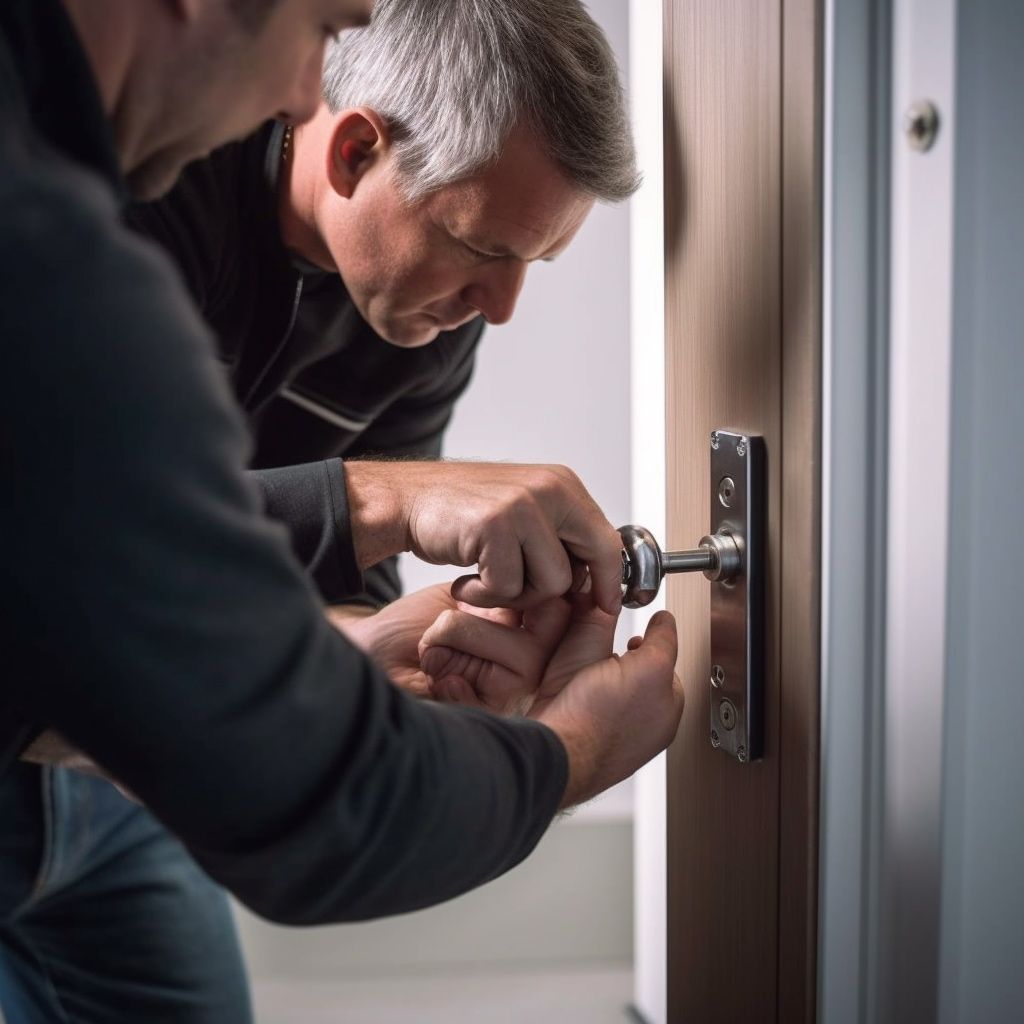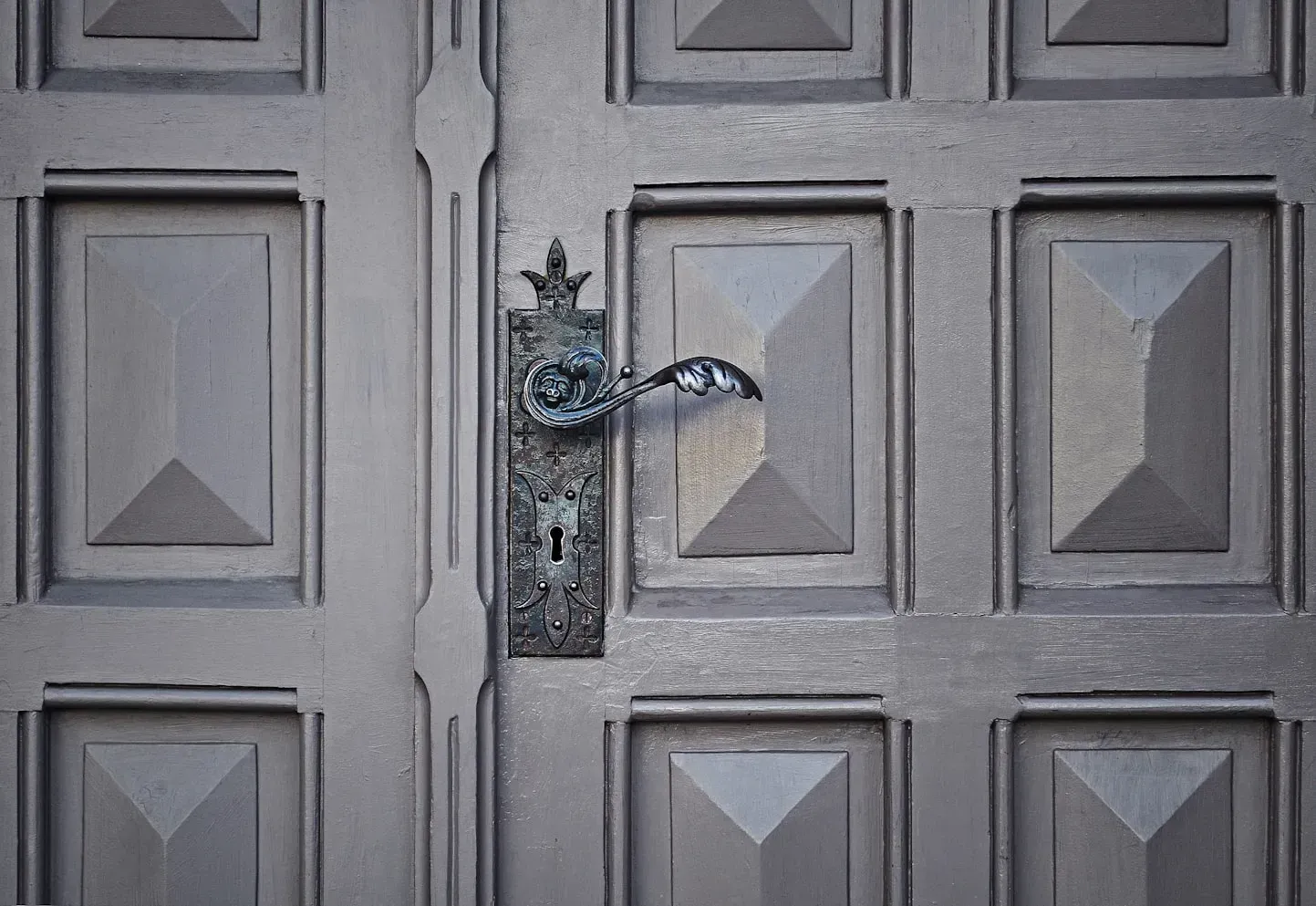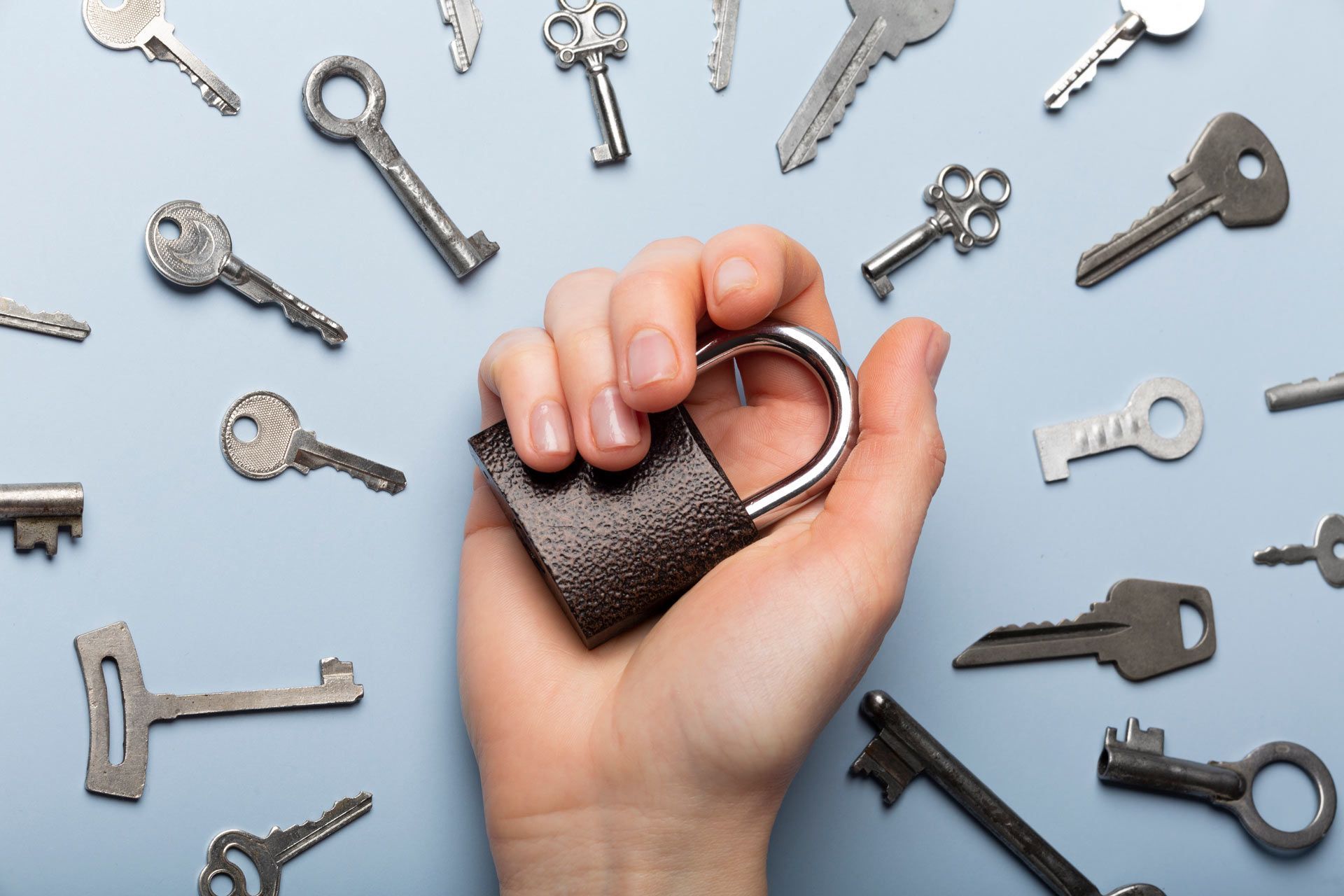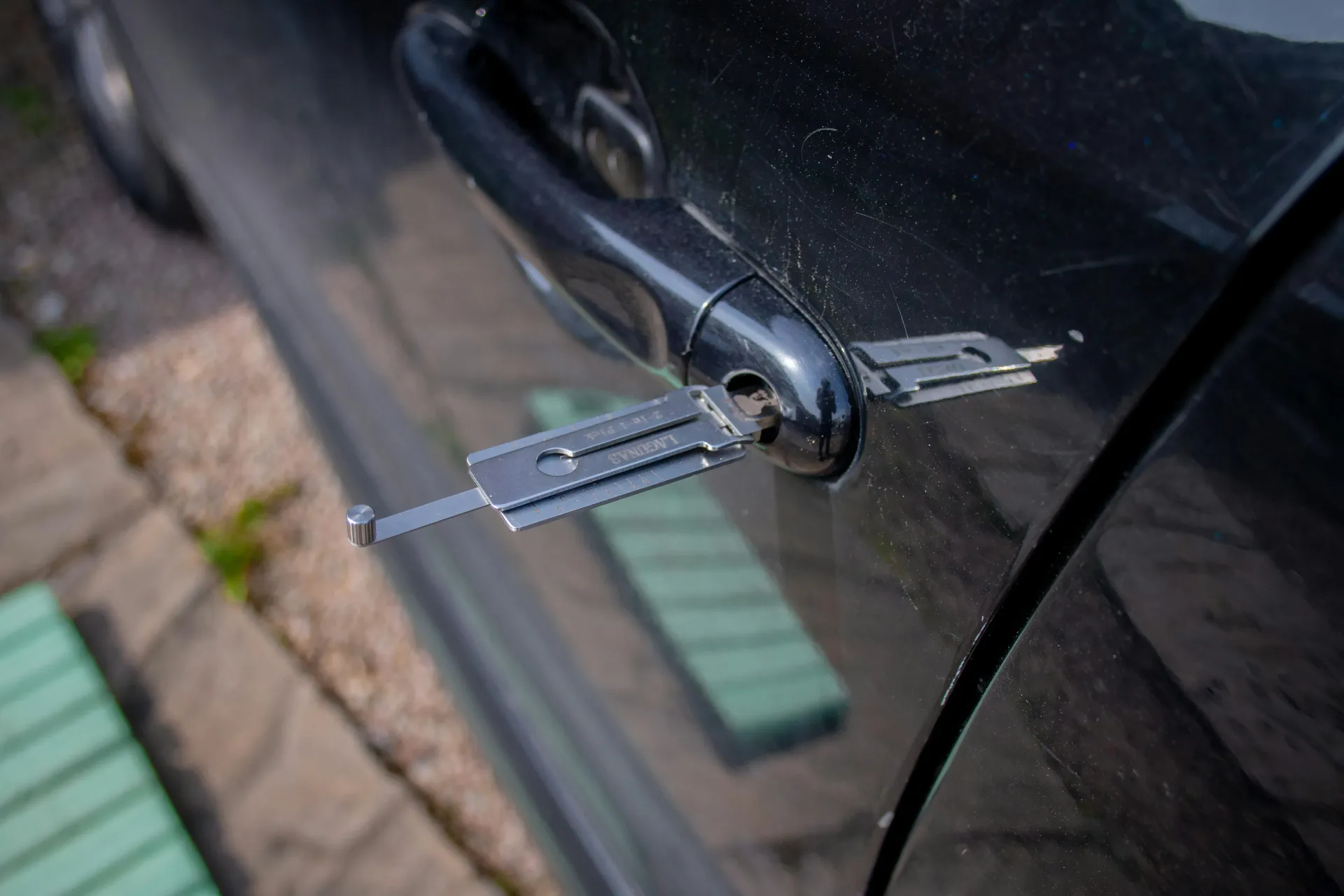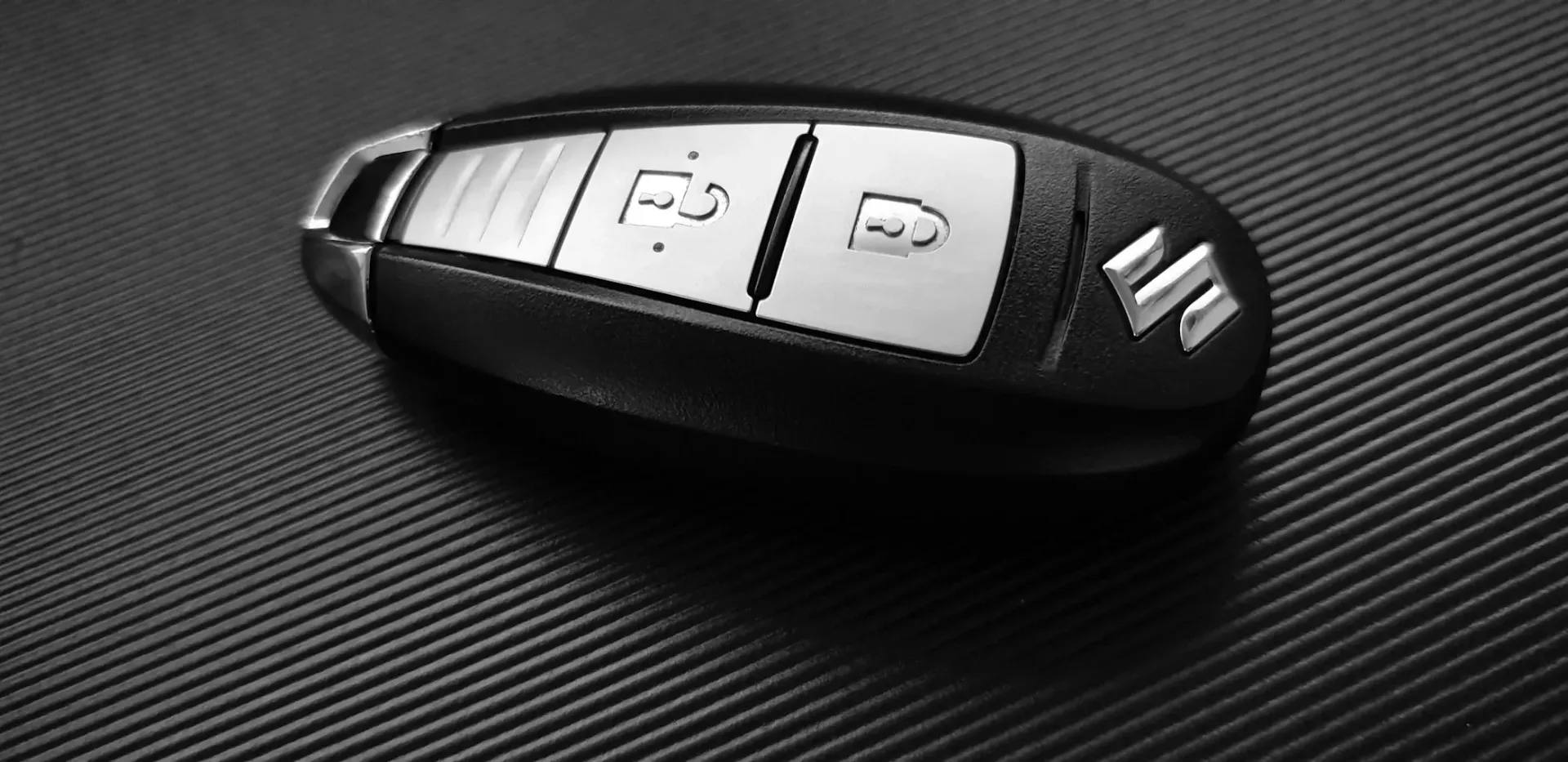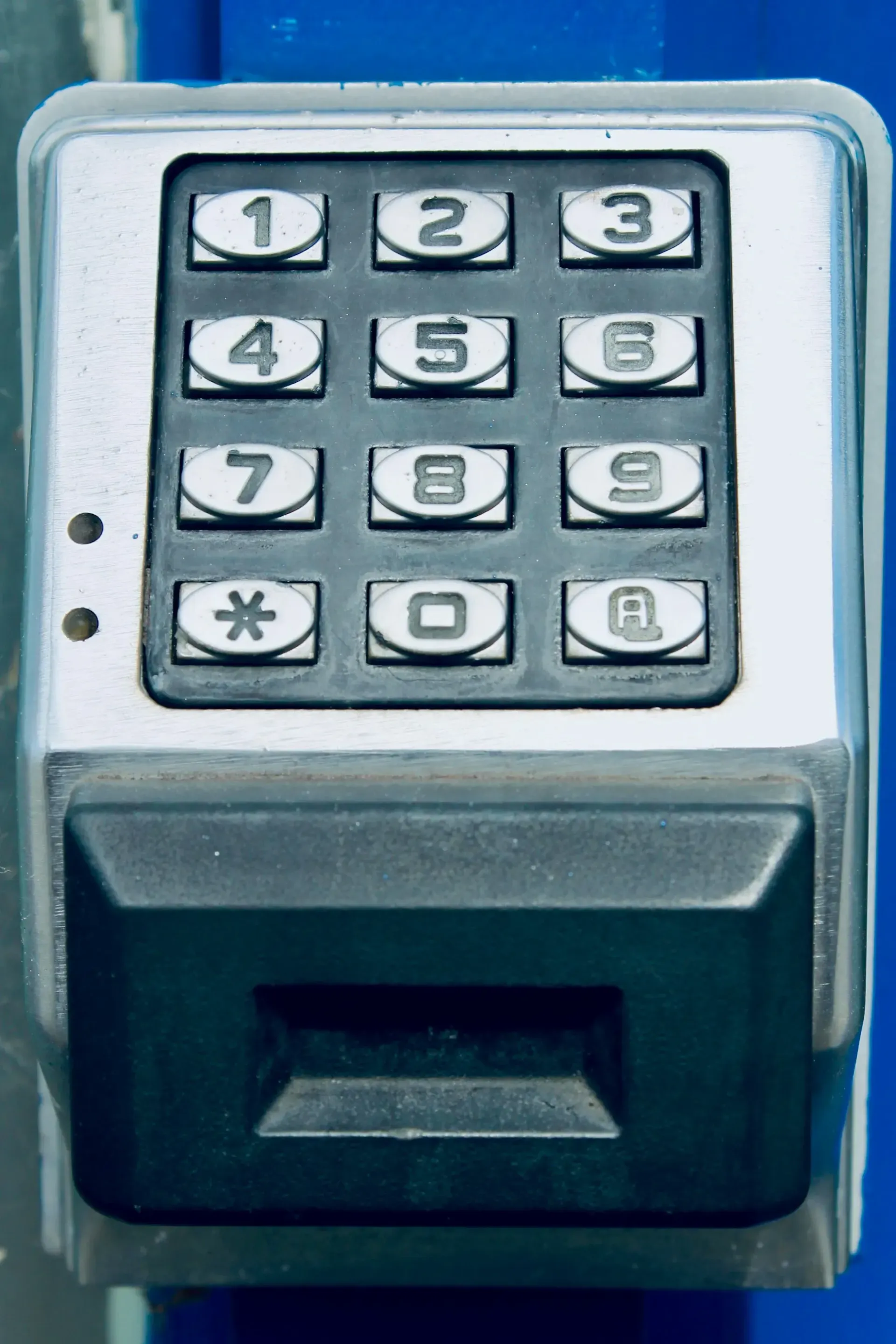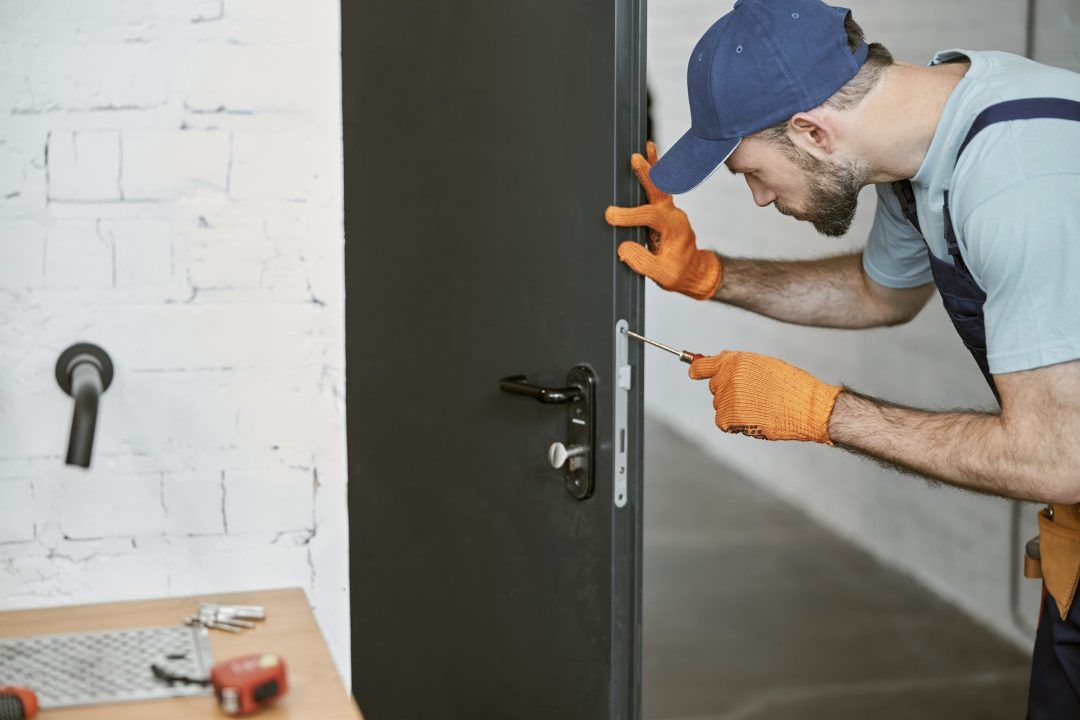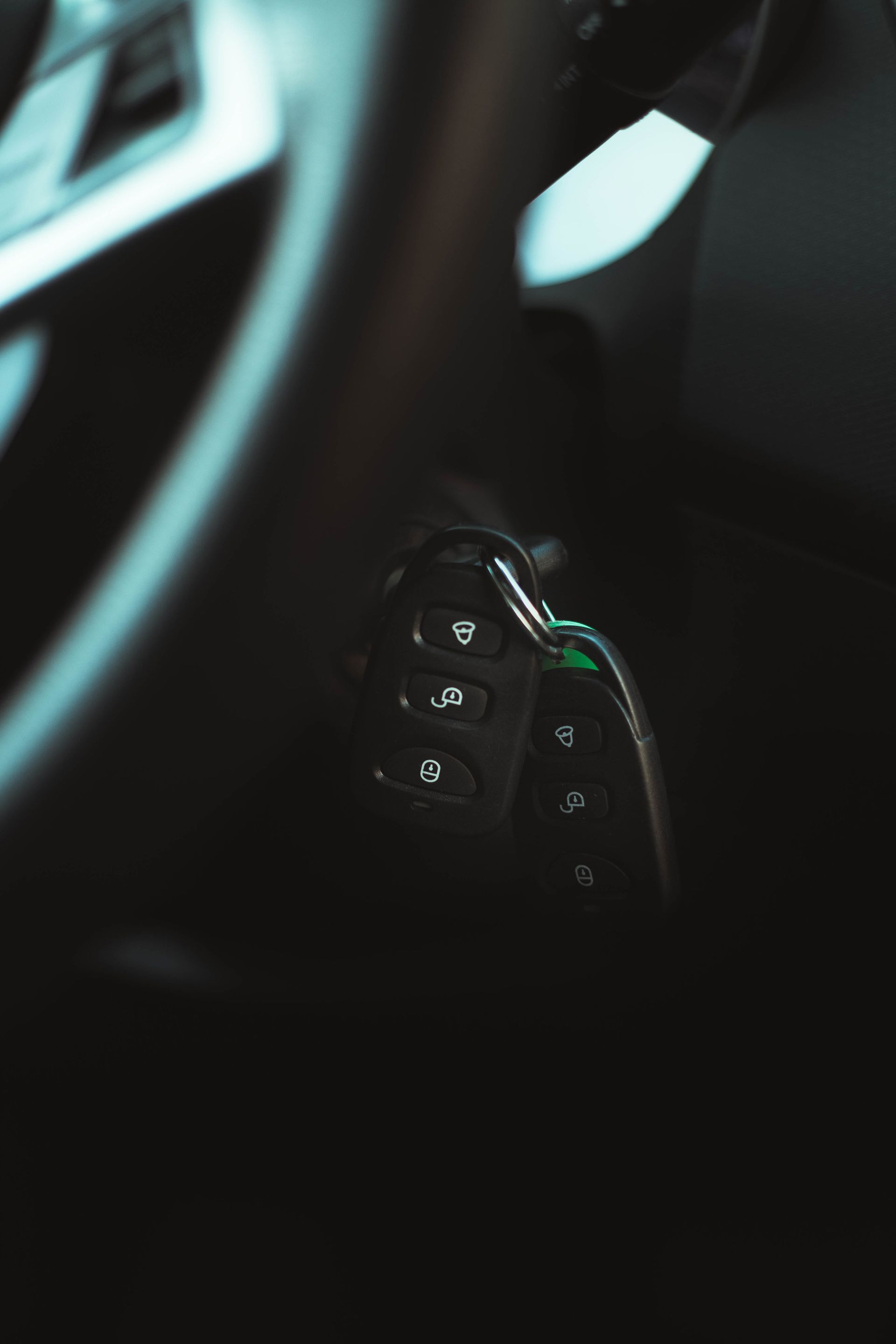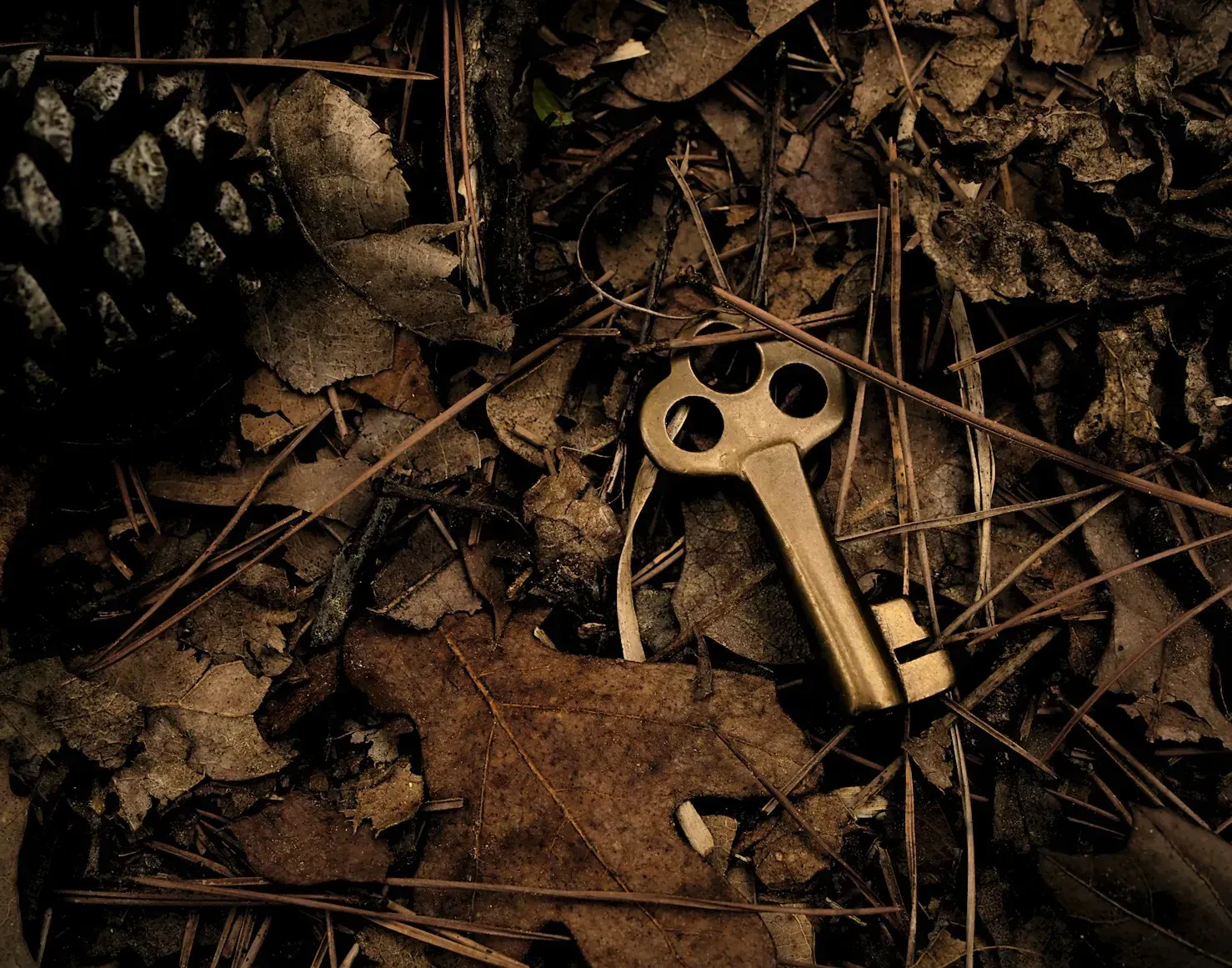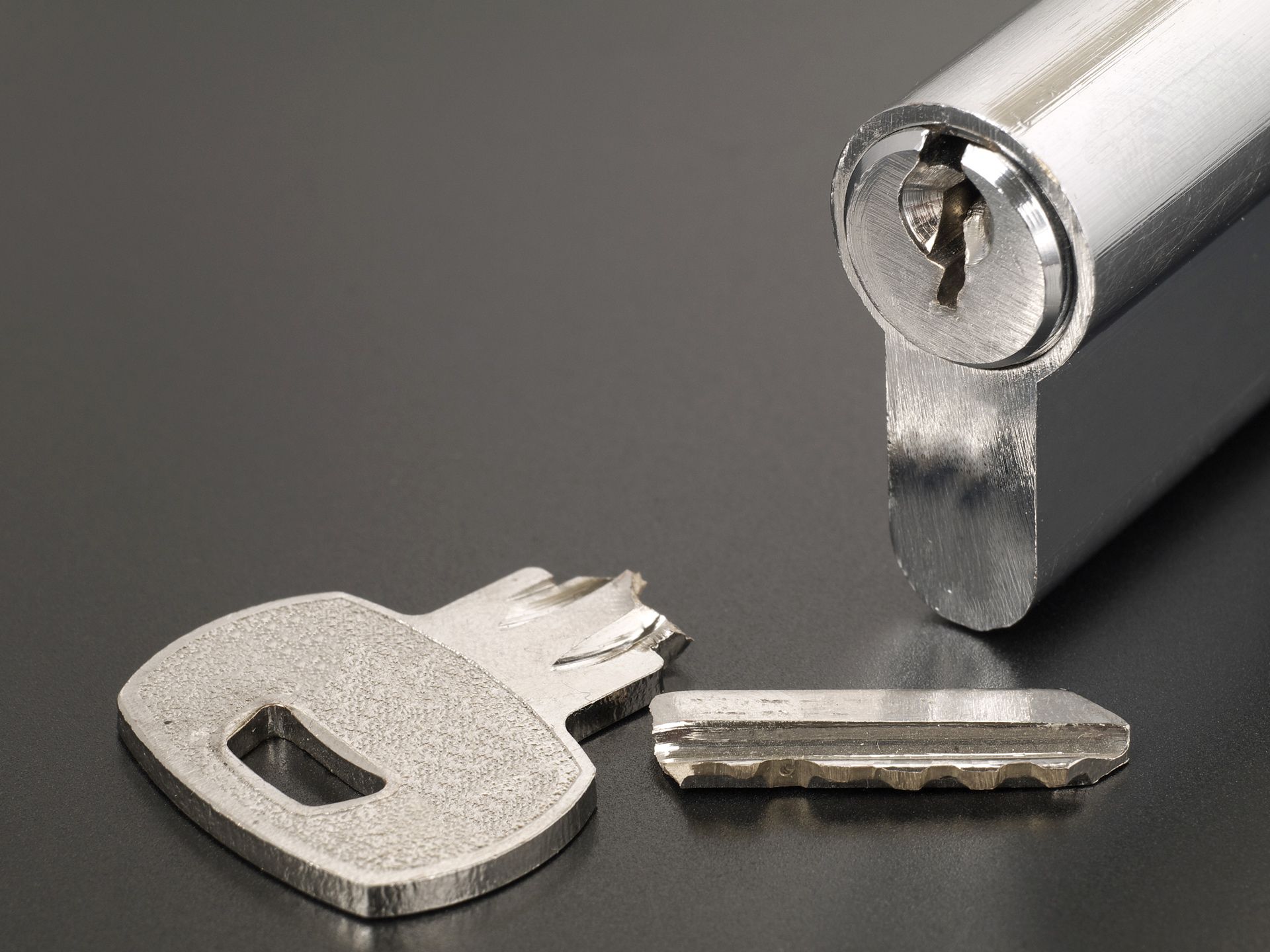
Avoid These Common Mistakes When Rekeying Locks: Tips from a Locksmith
Rekeying locks might seem like a simple task, but many people get it wrong. Even small mistakes can put your home’s security at risk. In this guide, we’ll walk you through the most common errors people make when rekeying locks and show you how to avoid them. Whether you’re doing it yourself or considering professional help, understanding these mistakes can save you time, money, and a lot of headaches.
What Are the Common Mistakes People Make When Rekeying a Lock?
Many folks make errors when rekeying a lock, and these mistakes can weaken your home’s security. One of the most common is using the wrong key during the process. This can damage the lock’s cylinder, making it harder or even impossible to use. It’s important to use the correct key, specifically the one designed for rekeying that lock type.
Another mistake people make is attempting DIY rekeying without the proper knowledge. While it may look easy, rekeying requires precision. Misplacing or mismatching the tiny pins inside the lock can leave you with a lock that won’t turn or even a jammed door. Without the right tools and know-how, the risk of damaging your lock increases significantly.
Lastly, a big oversight is not rekeying the locks when you move into a new home. It’s tempting to assume the previous owner handed over all the keys, but that’s not always the case. Neighbors, contractors, or even past tenants might still have a copy, which puts your safety at risk if you don’t rekey right away.
Why Using the Wrong Key Can Damage Your Lock
Using the wrong key when rekeying a lock is one of the fastest ways to cause damage. Many people think any key will work, but that’s not true. Each lock cylinder is built to match specific key cuts, and when the wrong key is inserted, it can misalign or bend the internal pins. This damage might not show immediately, but over time, the lock can become harder to turn, eventually jamming or breaking altogether.
If you force the key, you could also cause even more damage, like breaking the key inside the lock or warping the cylinder. At that point, you’re looking at a costly repair or complete lock replacement. It’s best to double-check that you’re using the correct key for the rekeying process to avoid these issues altogether.
The Risks of DIY Rekeying Without Proper Knowledge
DIY rekeying might seem like a quick way to save money, but it often leads to more problems than solutions if you’re not familiar with the process. Locks are made up of small, precise parts, and one wrong move can easily throw everything off. Without proper knowledge, it’s easy to misplace pins or springs, leaving your lock non-functional or insecure.
Additionally, without the right tools, you might end up forcing pieces into place, which can damage the lock’s internal components. A common issue is incorrectly aligning the cylinder, which can cause the lock to stick or prevent the key from turning. In some cases, you might even lock yourself out of your home, turning a simple DIY project into a much bigger problem that requires professional help.
It’s crucial to understand that rekeying isn’t just about changing keys; it’s about maintaining the integrity of the lock. If you’re not confident in your skills, it’s often safer and more effective to hire a professional locksmith.
Impact of Neglecting to Rekey After Moving into a New Home
Moving into a new home is an exciting time, but many people overlook a crucial step: rekeying the locks. It’s easy to assume that the keys you receive are the only ones in existence, but that’s not always the case. Previous owners, tenants, contractors, or even neighbors might still have a copy. If you don’t rekey right away, you’re leaving your home vulnerable to unauthorized access.
Neglecting this step can also impact your peace of mind. Knowing that others might still have access to your home can create a sense of unease. Rekeying ensures that you control who has a key and secures your property from any past holders. It’s a simple measure that provides a solid start to your new chapter, giving you the safety and confidence that your home is truly your own.
How Can Simple Mistakes Lead to Lock Issues?
Even small errors during the rekeying process can cause significant problems with your lock. When parts inside the lock cylinder are misaligned, the lock may become difficult to turn or fail to operate entirely. Often, these mistakes are due to mishandling the pins or using incorrect tools, which can easily damage the sensitive components inside.
Another issue is failing to understand the inner workings of the lock itself. Without knowing how each part functions and interacts, it’s easy to overlook minor details that can lead to bigger issues. A small error, like placing a pin in the wrong slot, might seem insignificant, but it can weaken the lock’s overall security, making it more susceptible to tampering or break-ins.
Taking the time to learn the proper techniques or consulting with a professional can prevent these issues and ensure your lock remains reliable and secure.
Understanding the Lock Cylinder and Its Components
The lock cylinder is the heart of any lock, and understanding its components is essential for a successful rekeying. Inside, you’ll find tiny pins, springs, and other parts that all work together to keep your door secure. When you insert the key, it raises these pins to the correct height, allowing the cylinder to turn and unlock the door. Any misplacement of these pins during rekeying can cause the lock to malfunction.
If the pins don’t match the new key’s cuts precisely, the lock might jam or fail to turn. Even a slight misalignment can prevent the cylinder from moving, making it impossible to lock or unlock the door. Additionally, if any of the pins or springs are damaged during the process, the lock’s effectiveness is compromised, and you may end up needing a replacement.
Knowing the components and how they fit together helps prevent mistakes. This is why professionals use specific tools and techniques to ensure everything aligns perfectly, maintaining the lock’s security.
How Damaged Locks Affect Your Home’s Security
A damaged lock isn’t just an inconvenience; it’s a security risk. When locks don’t work properly, they leave your home vulnerable to unauthorized entry. For example, if the cylinder gets jammed or the pins are misaligned, you may not be able to fully secure your door, making it easier for someone to tamper with or break in.
Worn or poorly rekeyed locks can also weaken over time. If a lock has been damaged internally, even slightly, it’s more prone to failure under pressure. This means that, in some cases, a simple bump or force could cause the lock to fail completely. A malfunctioning lock not only puts your property at risk but also compromises your peace of mind.
To maintain your home’s security, it’s vital to address any issues immediately. If you notice your lock sticking or if it feels loose, it’s best to have it inspected by a professional locksmith to avoid bigger problems down the line.
What Should You Do If You Neglect to Rekey Your Locks?
If you’ve moved into a new home or experienced a security breach without rekeying your locks, taking action quickly is crucial. Failing to rekey increases the risk of unauthorized access, as others might still have a copy of your key. This puts your safety and belongings at risk, so addressing it as soon as possible is important.
The first step is to assess your current situation. Check for any signs of tampering or forced entry around your doors and windows. If you suspect someone has accessed your property, don’t ignore it—call a locksmith immediately to rekey or replace the affected locks. It’s always better to be proactive than to face the consequences of neglecting your home’s security.
In cases where you’re unsure how many people might still have access, rekeying all entry points is the safest choice. This ensures that you have total control over who has access to your home, restoring your security and giving you peace of mind.
Steps to Take After a Break-In or Unauthorized Access
If you’ve experienced a break-in or suspect unauthorized access, taking immediate action is essential. The first step is to secure your home. Check all entry points, including doors and windows, for any signs of damage. If you find any compromised locks, avoid using them and call a locksmith right away to rekey or replace them.
Next, change all the locks on entry points, even those that appear undamaged. Intruders might have made copies of your keys, and rekeying ensures they no longer have access. It’s also wise to update any security codes or access controls for other systems in your home, like garage doors or alarm systems.
Finally, consider upgrading your security measures. Adding deadbolts, installing high-security locks, or setting up a monitored security system can help prevent future incidents. Taking these steps promptly after a break-in can restore your home’s safety and protect you from future threats.
How a Professional Locksmith Can Help Restore Security
When your home’s security is compromised, a professional locksmith is your best ally. Locksmiths have the tools and expertise to quickly assess the situation and recommend the best solutions, whether it’s rekeying, repairing, or completely replacing your locks. They ensure that all locks are correctly installed and functioning, providing you with peace of mind.
A locksmith can also offer valuable advice on improving your overall home security. They may suggest adding deadbolts, using high-security locks, or even installing smart lock systems for added protection. With professional help, you don’t just restore your home’s security—you enhance it to prevent future break-ins.
By relying on a trusted locksmith, you avoid the risks associated with DIY fixes and ensure your home remains a safe place for you and your loved ones.
When to Contact Us for Locksmith Services?
Knowing when to call a locksmith can save you time and prevent potential security issues. It’s important to reach out if you’re having trouble with a lock, whether it’s sticking, not turning smoothly, or showing signs of wear. Even minor issues can escalate, so getting professional help early ensures that your locks stay in good condition.
If you’ve recently moved into a new home, contacting a locksmith to rekey or change the locks is essential. It gives you control over who has access and removes any risk from previous keyholders. Similarly, if you’ve experienced a break-in or suspect unauthorized access, reaching out immediately is the best way to restore and strengthen your home’s security.
Regular maintenance is also a good reason to contact a locksmith. Routine checks and rekeying help keep your locks functioning well, providing you with consistent security and peace of mind.
Signs You Need a Reliable Locksmith Immediately
There are several warning signs that indicate you need to call a locksmith right away. If your lock becomes difficult to turn, sticks frequently, or feels loose, it’s likely a sign of internal damage. Ignoring these issues can lead to a lock malfunctioning completely, which may leave you locked out or put your home’s security at risk.
Another sign is if you’ve misplaced your keys or had them stolen. In such cases, rekeying or replacing your locks immediately is crucial to prevent unauthorized access. Similarly, if you’ve moved into a new home and don’t know how many people have copies of the key, it’s best to act fast and rekey all entry points.
You should also contact a locksmith if you notice any signs of tampering, like scratches around the keyhole or damage to the door frame. These are indicators that someone may have tried to gain access to your home. Getting a locksmith to inspect and secure your locks promptly can help prevent a potential break-in.
Why It’s Essential to Rekey Your Locks Regularly
Rekeying your locks regularly is a key step in maintaining home security. Over time, keys can get lost, stolen, or copied without your knowledge. By rekeying, you ensure that only you and those you trust have access to your home. This simple action minimizes the risk of unauthorized entry.
Rekeying is especially important if you’ve had recent renovations, moved into a new place, or have given keys to service providers. Any time someone outside your household has access, there’s a chance they might still hold a copy of the key. Regular rekeying keeps control firmly in your hands and provides peace of mind, knowing that no one else can access your home without permission.
To stay secure, it’s best to make rekeying a routine practice, particularly after significant events or every few years as a precaution. This keeps your security measures up-to-date and ensures your locks are always functioning properly.
Conclusion
Rekeying your locks is an important part of keeping your home safe and secure. Avoiding common mistakes, like using the wrong key or skipping rekeying after moving, can save you from bigger problems down the road. Whether you’re dealing with a recent move, a break-in, or simply want to update your home’s security, taking the right steps and getting professional help when needed ensures your peace of mind.
If you’re in New Port Richey, Trinity, Tarpon Springs, Palm Harbor, Hudson, Bayonet Point, Holiday, or Shady Hills, trust A Area Locksmith for all your locksmith needs. We offer a wide range of services, including lockouts, re-keys, and both commercial and residential locksmith services. We also provide automotive locksmith services to keep you covered no matter what situation you face.
Don’t wait until it’s too late—reach out to A Area Locksmith today for reliable, professional help. Protect your home and gain peace of mind knowing your security is in expert hands.
FAQs
What Is the Best Type of Lock for Rekeying?
When it comes to rekeying, not all locks are created equal. Pin tumbler locks are often considered the best option for rekeying because of their simple design and the ease with which they can be adjusted. These locks are commonly found in residential and commercial properties and offer flexibility, allowing you to change keys without replacing the entire lock.
Other types, like deadbolt locks, are also great for rekeying, especially for homeowners looking to enhance their security without spending too much. High-security deadbolts provide extra protection, and when rekeyed, they can prevent unauthorized access efficiently.
Avoid using cheap or generic locks, as they may not hold up well under the rekeying process. Investing in a quality lock makes the rekeying process smoother and ensures your security remains strong.
How Does Master Keying Work in Lock Systems?
Master keying is a system that allows multiple keys to operate one lock, making it ideal for businesses or properties where multiple access levels are needed. In this setup, each door has its own unique key, but a master key can open all the locks within the system. This is achieved by adding a second set of pins, known as master wafers, into the lock’s cylinder.
The beauty of master keying is that it offers convenience and flexibility without sacrificing security. Property managers or business owners can carry a single key that opens multiple doors, while employees or tenants only have access to their specific areas. However, setting up and maintaining a master key system requires precision and expertise, so it’s best handled by a professional locksmith to avoid complications or security risks.
Can Smart Locks Be Rekeyed Like Traditional Locks?
Yes, smart locks can often be rekeyed, but the process is a bit different from traditional locks. Many smart locks still use a physical key as a backup, and these keys can be rekeyed in the same way as a standard pin tumbler lock. However, some smart locks have keyless entry features, like keypads or app-based control, which don’t rely on physical keys at all. For these, rekeying isn’t needed; instead, you can simply reset or update the code through the device’s settings.
It’s important to check the specific model of your smart lock. Some are designed to be easily rekeyed by homeowners, while others might need professional assistance. If your smart lock has a traditional key cylinder, rekeying can provide an extra layer of flexibility and control, ensuring that any previous keys no longer work.
What are some common mistakes when rekeying a lock?
Common mistakes include using the wrong pin size, not understanding the lock mechanism, and failing to properly align the new key with the lock. These errors can lead to issues where the keys won’t work or the lock jams.
How can I ensure I have the right tools for rekeying a lock?
To rekey your locks, you need a comprehensive guide and the right tools such as a screwdriver, a set of pins, and a new key. Having the correct tools helps prevent damage to the internal lock mechanism and ensures the security of your property.
Why should I consider rekeying my locks whenever I move into a new home or business?
Rekeying your locks whenever you move provides peace of mind by ensuring that you don’t know how many old keys to your existing locks are still in circulation, thus enhancing the security of your property.
Can improper lock installation affect rekeying?
Yes, improper installation can jeopardize the rekeying process, leading to lock problems such as a broken key or an inability to unlock the door. It’s crucial to ensure that the lock installation is properly done to avoid these issues.
What should I do if I encounter a frozen lock during rekeying?
If you encounter a frozen lock, it’s essential to avoid forcing the key, as this can cause damage. Instead, use a lubricant specifically designed for locks to gently free the mechanism without causing harm.
Is hiring a professional locksmith recommended for rekeying?
Hiring a professional locksmith is recommended if you don’t always feel confident in your ability to rekey locks. A professional can protect your home by ensuring the process is done correctly and efficiently, reducing the risk of lock problems.
How can a step-by-step guide assist in rekeying locks?
A step-by-step guide can help homeowners by providing detailed instructions on how to rekey various lock types, from a knob to a deadbolt. This ensures that the rekeying process is done correctly, enhancing the security of your property.
What is the role of a master pin in rekeying a lock?
The master pin plays a crucial role in the rekeying process by allowing multiple keys to operate the same lock. Understanding its function is vital to avoid lock problems and ensure that the new key works seamlessly.
What are the potential consequences of not rekeying locks when moving?
Not rekeying locks whenever you move can jeopardize your security, as you don’t know how many copies of the key the previous occupants may have distributed. This could lead to unauthorized access to your home or business.

